It is essential for overall health and productivity to get a good night’s sleep. However, many people struggle to get enough sleep in our fast-paced world. Embracing great sleep hygiene practices can have a tremendous effect on the quality of your rest and, consequently, your daily performance. This blog will provide you with practical tips to improve your sleep hygiene, ensuring you awaken refreshed and ready to tackle the day.
Knowledge of Sleep Hygiene
The practices and routines that help people get a good night’s sleep on a regular basis are referred to as “sleep hygiene.” It involves setting up routines and creating an environment that encourages consistent, unbroken sleep. For physical health, mental clarity, and emotional balance, good sleep hygiene is essential.
The Importance of Good Sleep
Sleep hygiene issues like insomnia, fatigue, a weakened immune system, and poor cognitive function are all possible outcomes. On the other hand, practising good sleep hygiene improves your overall health, mood, concentration, and bodily functions.
How to Get a Better Night’s Sleep
1. Keep a Regular Sleep Schedule
Keeping your body’s internal clock in check by going to bed and getting up at the same time each day, even on weekends, is beneficial. Your sleep-wake cycle is strengthened by this consistency, making it simpler to naturally fall asleep and wake up.
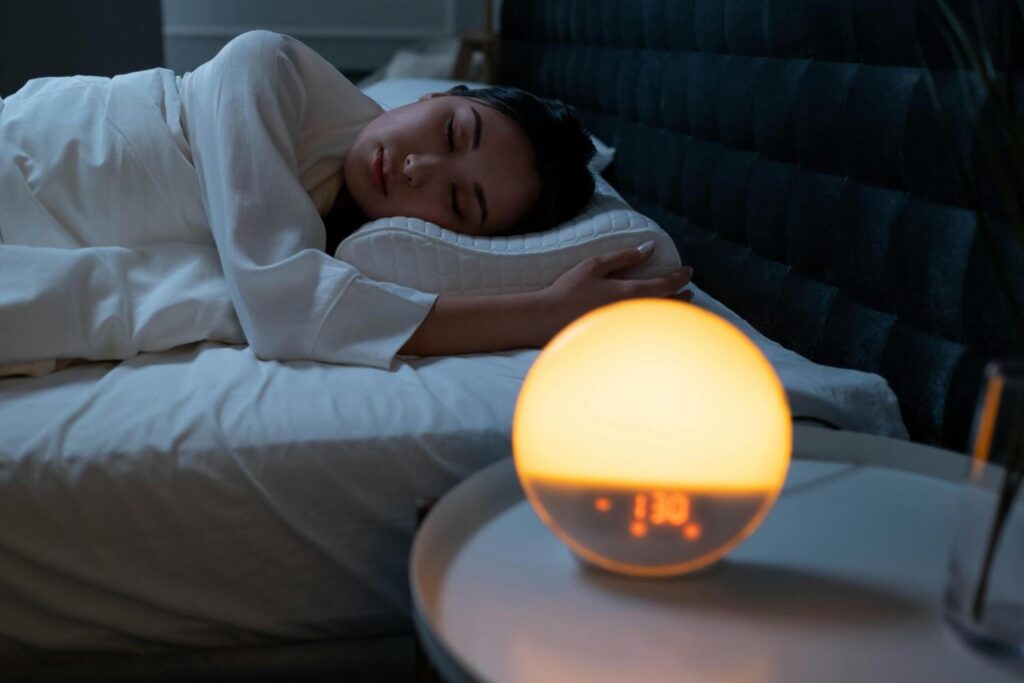
2. Establish a Calming Bedtime Routine
Participate in calming activities before bed to indicate to your body that now is the time to slow down. Reading a book, taking a warm bath, or practising meditation are all examples of this. Blue light can make it hard to fall asleep, so avoid doing things like watching TV or using electronic devices that are stimulating.

3. Enhance Your Sleeping Space
Your room ought to be a sanctuary for rest. Make certain that it is cool, quiet, and dark. Consider utilising blackout shades, earplugs, or a white noise machine to establish the ideal sleeping environment. Additionally, a supportive mattress and pillows are essential for sound sleep hygiene.

4. Watch What You Eat and Drink
Prior to bedtime, avoid large meals, caffeine, and alcohol. These can cause discomfort or frequent awakenings that disrupt your sleep cycle. If you’re hungry before bed, opt instead for a light snack.
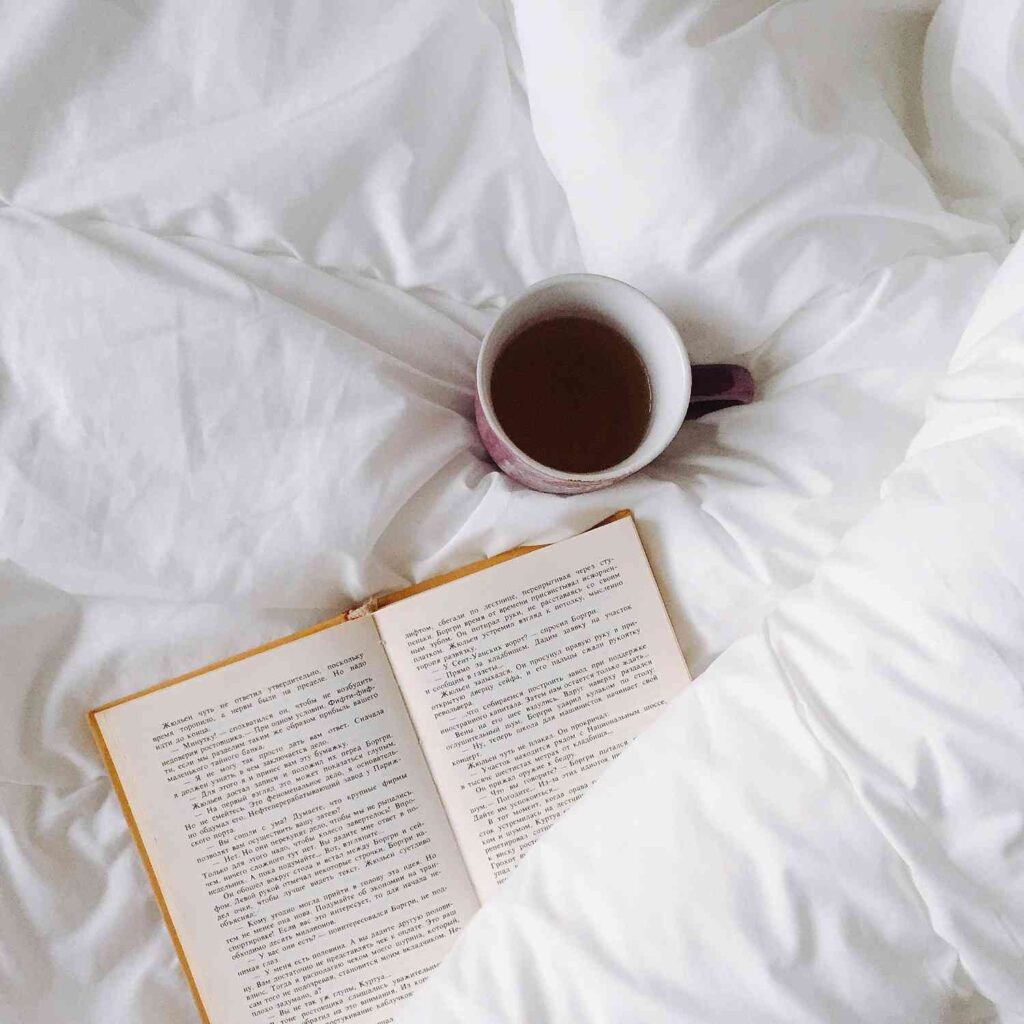
5. Prevent Naps
While short naps can be refreshing, long or irregular napping during the day can adversely affect your night-time rest. If you absolutely have to take a nap, try to keep it to under 30 minutes and don’t take it later in the day.

6. Engage in Regular Activity
Regular physical activity can help you fall asleep faster and enjoy deeper rest. However, avoid vigorous exercise right before bedtime because it may stimulate your body.
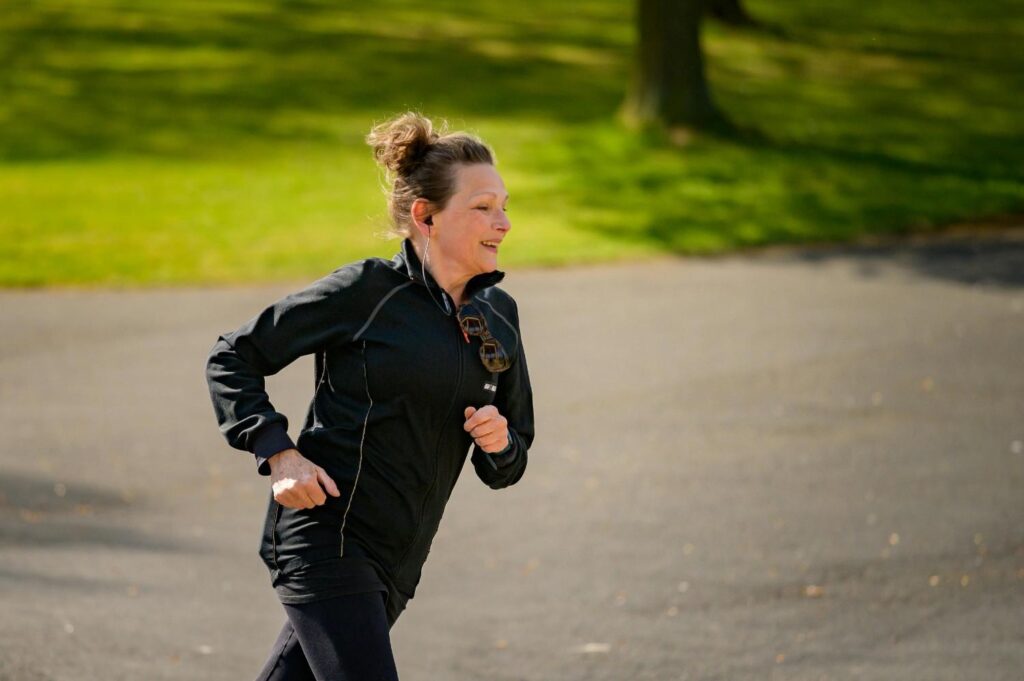
7. Control Your Stress and Anxiety
Sleep disturbances are frequently brought on by stress and anxiety. Include stress-relieving activities like yoga, deep breathing, or journaling in your daily routine. These routines can help you relax and get ready for a restful night’s sleep.
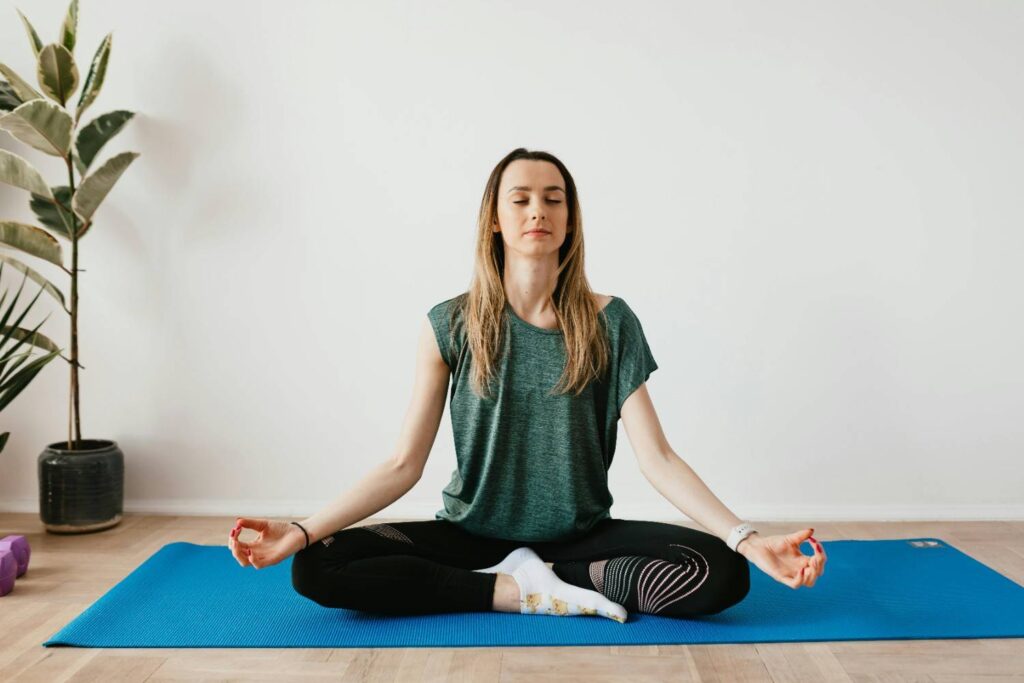
8. Avoid Using a Computer Before Bed
Melatonin, the hormone that regulates sleep, can be disrupted by blue light from smartphones, tablets, and computers. At least an hour before going to bed, try to turn off all screens.

9. Utilisation of Natural Light
Your circadian rhythm is aided by daytime exposure to natural light. Attempt to spend time outside during daylight hours, particularly in the morning, to assist your body’s internal clock with staying on track.

10. Utilise Your Bed Just for Rest and Unwinding
Use your bed only for sleeping and doing things that make you feel relaxed to make the connection between sleep and your bed stronger. Abstain from working, eating, or watching television in bed.
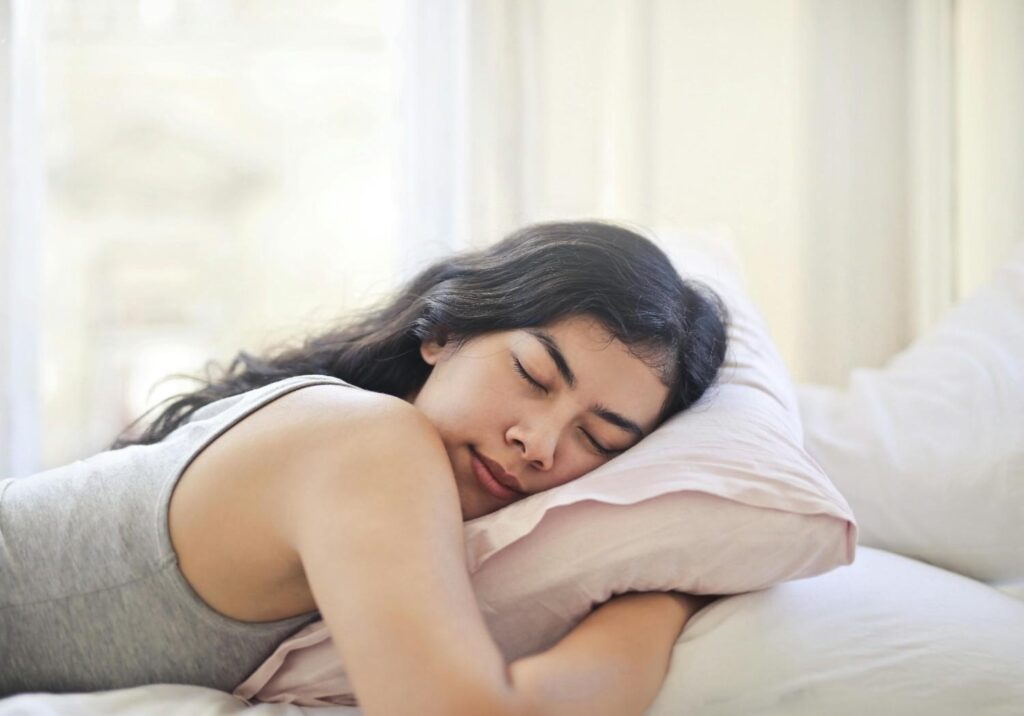
Conclusion
A crucial step towards better sleep and overall health is improving your sleep hygiene. You can create an environment and habits that encourage restful sleep and increase daytime productivity by incorporating these suggestions into your daily routine. Keep in mind that practising good sleep hygiene consistently takes time, patience, and dedication. If you prioritise your sleep, you will soon enjoy a life that is healthier and more energised.




